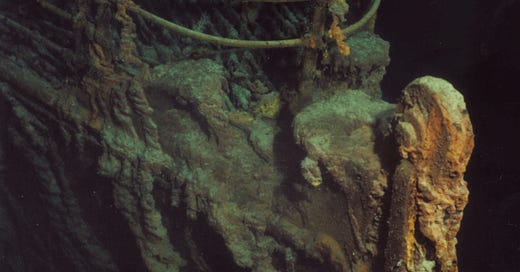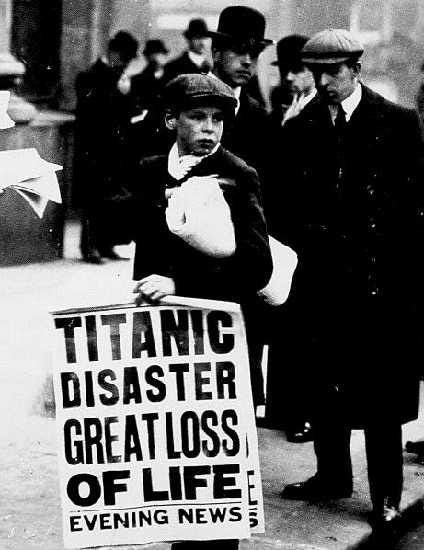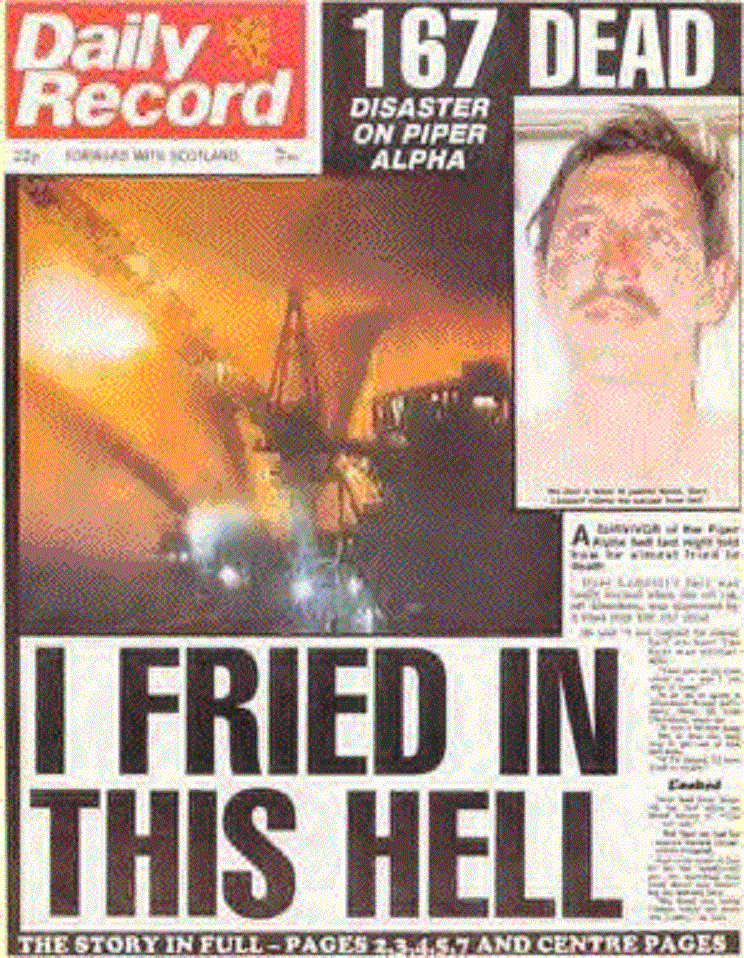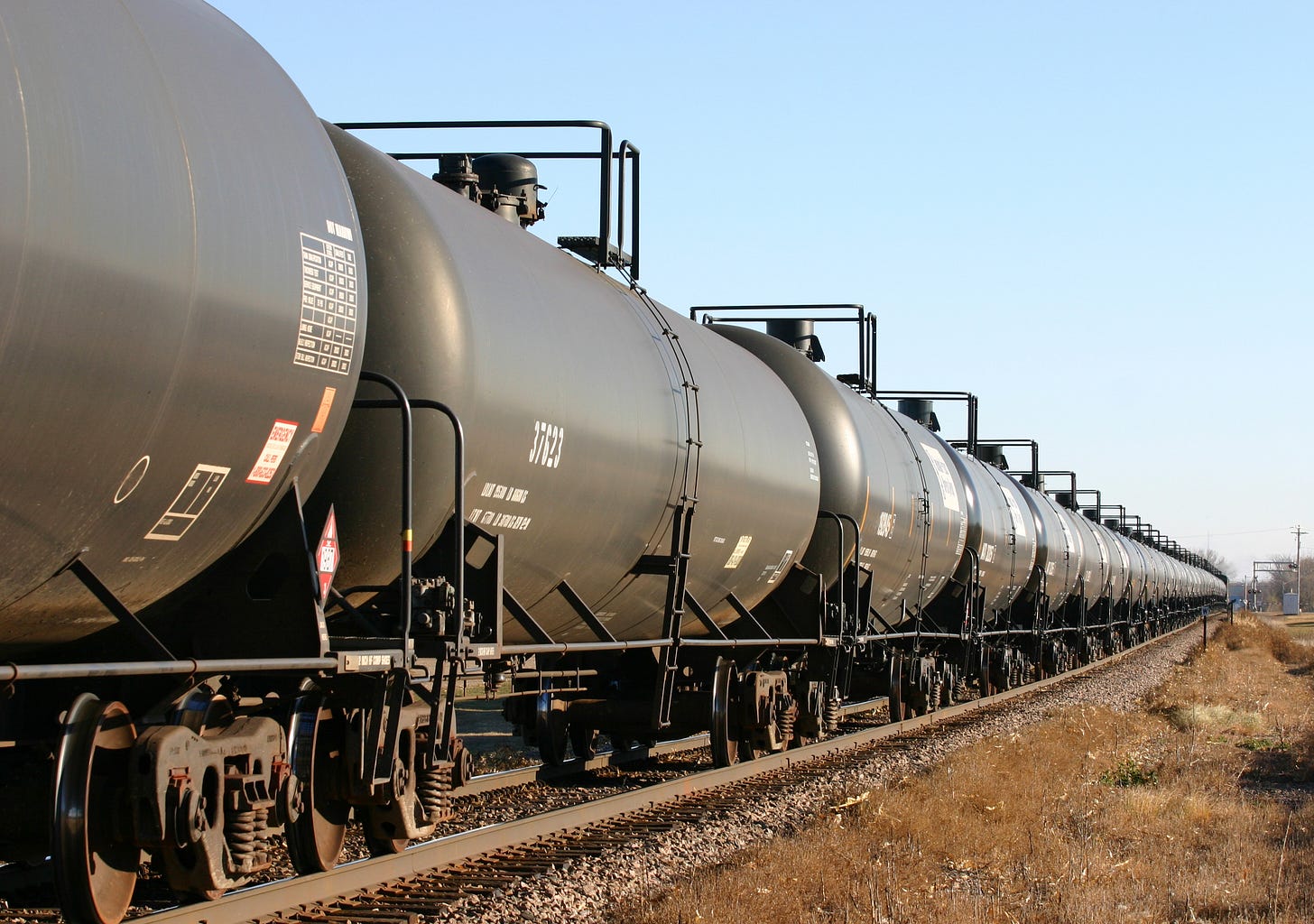This Does Not Change Everything: The Titan Is Not the Titanic
Nor is it Piper Alpha or Deepwater Horizon
Recent posts to do with the loss of the Titan submersible have attracted a number of interesting and useful comments. The themes of the posts were:
Lack of understanding as to what makes a complete safety culture,
The role of engineering judgment, and
The need for engineering standards.
We will post more information and analyses to do with this event as time permits. In the meantime, let us add a few further thoughts as to the significance of this catastrophe.
Final Reports
The information that we and others have used to date are based on articles in magazines and newspapers. There is no reason to believe that these reports are misleading or inaccurate. Nevertheless, we do need to wait for the formal reports before reaching final conclusions. (Investigations are already underway from the U.S. Coast Guard and the National Transportation Safety Board. Presumably the Canadian Coast Guard will also need to be involved since the Titan’s home port was in Canada.)
Seminal Event
Some catastrophic events change the industry. The loss of the Titan is not one of those events. The following incidents were seminal — they “changed everything”. The Titan did not.
The Titanic
The sinking of the Titanic rightly received much publicity. Indeed, as we saw in our first post in this series — The Titan and the Titanic — it led to many memorable quips and quotations, of which probably the best-known is “Rearranging the deckchairs on the Titanic”.
The sinking was a trigger in the development of Safety of Life at Sea (SOLAS) standards. These standards apply to all ships, everywhere. Around 1,500 people perished in the north Atlantic that night in 1912. But the lessons learned have saved tens of thousands of lives since.
Piper Alpha
In the year 1988 this offshore platform in the North Sea exploded, burned and sank. 167 men died. It “changed everything” when it came to the safety of offshore oil and gas operations. Specifically, Lord Cullen’s report created a Safety Case culture that is used widely throughout the world.
Deepwater Horizon/Macondo
In 2010 this oil and gas platform in the Gulf of Mexico exploded and sank. 11 men died and many more were grievously injured. The subsequent oil spill was a major event in its own right. But, once more, this catastrophe led to profound change — specifically the creation of BSEE (the Bureau of Safety and Environmental Enforcement), the COS (Center for Offshore Safety) and the SEMS regulation.
The Titan
Based on initial reports, it does not appear that the Titan catastrophe will “change everything”. The use of carbon fiber submersibles operating at extreme depths is a fringe activity, involving very few people or vessels. Therefore, whatever recommendations the final reports make, this event is not likely to be a game changer.
Process Safety — Not Occupational Safety
It is worth re-emphasizing that the Titan’s loss does provide insights with regard to the vexed topic of “safety culture” and the distinction between process and occupational safety. In the post The Titan: A Misleading Safety Culture, we discuss how culture goes beyond housekeeping and the use of checklists.
Railroads
The Titan may not turn out to be a seminal event. However, the derailment of a freight train in East Palestine, Ohio in February of this year may turn out to be a “this changes everything” event with regards to railroad safety — at least in the United States. Once more, we see a culture of good occupational safety and not-so-good process safety.
We have published a number of posts on this event. It has reached the point where a Bill to do with highly hazardous chemicals and railroads is working its way through the U.S. Senate as discussed in Process Safety, Railroads and Senate Bill S.576.
Conclusion
There are two conclusions to this post. The first is that the loss of the Titan is not likely to be a seminal event that leads to major changes within an industry. The second conclusion is that the insights provided by the discipline of process safety management apply to a wide range of industries.








